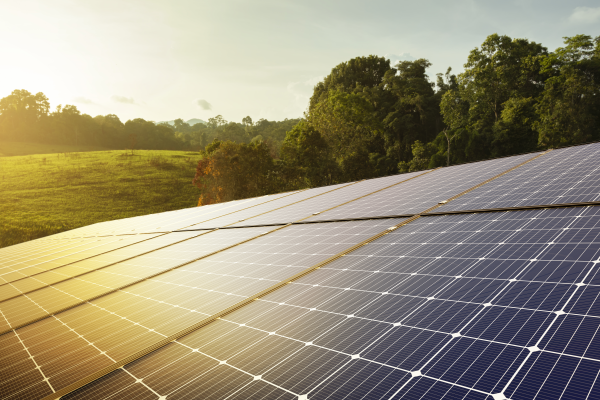The European Solar Manufacturing Council (ESMC) has urged the European Commission to extend the Carbon Border Adjustment Mechanism (CBAM) to cover solar PV modules, mounting structures, and solar trackers. According to ESMC, excluding finished solar products creates loopholes that weaken EU competitiveness and carbon pricing integrity.

Current gap in CBAM coverage
Although CBAM already applies to carbon-intensive materials such as steel, aluminum, and glass, it does not extend to finished solar products that rely heavily on these inputs. A typical 22 kg solar module contains 14 kg of glass and three kg of aluminum, both subject to CBAM when imported separately. Yet, foreign manufacturers, particularly from China, can export finished products to the EU without facing the same carbon costs.
This imbalance means EU producers must buy CBAM certificates for raw materials, while foreign producers bypass carbon pricing, undermining the EU’s climate goals and industrial competitiveness.
Anticircumvention and feasibility
ESMC highlighted that extending CBAM to solar products would act as an anti-circumvention measure, preventing untaxed carbon embedded in imports from entering the EU. Most solar manufacturers already disclose emissions data through Environmental Product Declarations (EPDs) or France’s Certisolis program, making compliance both practical and verifiable.
Strategic alignment with EU policy
The council stressed that including solar goods in CBAM aligns with the Net-Zero Industry Act and the European Solar Initiative, supporting EU reindustrialization while addressing supply security concerns. With 90 percent of solar modules installed in the EU currently sourced from China, ESMC warned of strategic risks in sustainability and resilience.
Technical recommendations
To support enforcement, ESMC backs SolarPower Europe’s proposal to create specific customs codes for mounting systems and solar trackers. This would help customs authorities identify and monitor imports effectively under CBAM rules.